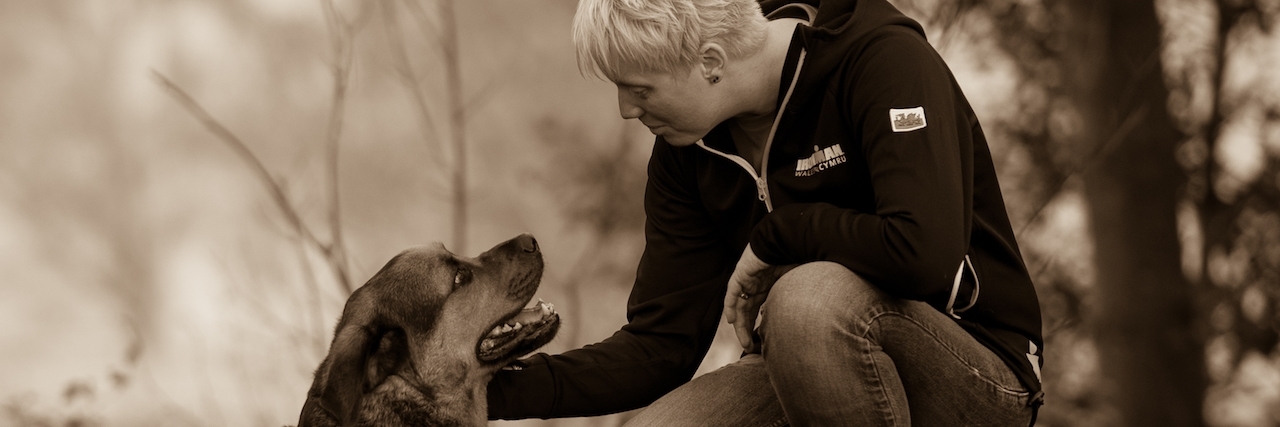Coming out for the third time was possibly a little indulgent. It’s a strange phenomenon; “coming out” is something that still confuses me a bit if I’m honest.
Telling people I’m gay wasn’t nearly as noteworthy as it could have been. Reactions ranged from “Oh, OK” to “Well yeah, didn’t we already know that?” When I then “came out” as a survivor of sexual violence, I experienced a more diverse range of responses. I had to come out, as I’d written a book on the subject to offer a message of hope to young people. It felt hypocritical to hide away while I was emphatically telling people there is nothing to be ashamed of.
The finest response, however, came from my third “outage.”
“Asperger’s? You mean like that guy who shot the kids in his school?”
No, very much not like that, actually.
The one similarity between all three of these coming out experiences was that it’s much easier to tell new people than it has been to tell people who already know me, people I care about and people I don’t want to “let down.”
The people who care about me are supportive, albeit somewhat underwhelmed, by my declaration of being a fan of the feminine form. They are immensely supportive of the book, of me and are an incredible support team. For the people who know me well, there was a wave of “Of course, how did we not know that?” when I shared my Aspie status.
For me, the word “diagnosis” feels wrong, but it came in my early 30s. With the word “diagnosis” came a desire to phone in sick. “Sorry, boss, I’m feeling very Aspie today and won’t be coming in.” I’m self-employed, so I knew the boss wouldn’t accept that sick note.
It was as if I had come out to myself. Everything suddenly made sense, and I had the beginning of an explanation as to why life on planet earth rarely made sense. The more I read about Asperger’s, the more I understood myself. Before my brain was labeled, I thought I was getting it all wrong. I was rubbish at being a human. I didn’t and still don’t, understand why humans felt the need to socialize, talk about the weather and the traffic — seriously, who gives a sh*t if drizzle on the M42 slowed the traffic down? And why do humans send “It’s a Boy/Girl” card when a new small human arrives? The list of confusing human traits is endless, and I am beginning to blog about them, partly for my own entertainment but also for other women out there to know they’re not alone.
Living in a world designed for neurotypical, heterosexual people where survivors are labeled as victims when they speak up, share their stories and dare to make the majority feel a little uncomfortable, is exhausting.
I’ll tell you what’s more exhausting; pretending to fit in to a world that doesn’t make sense.
Your story is shaping and steering you. You can make choices based on your internal dialogue about it. Coming out to yourself, in whatever way makes sense to you, is the most liberating thing you can do. Embrace it.
The Mighty is asking the following: Are you in both the LGBTQ and disability/disease/mental illness community? What is one thing you want society to know about your experience? Check out our Submit a Story page for more about our submission guidelines.

